NBC is centering trauma survivors in its primetime lineup.
Law & Order: SVU has been about empowering survivors to rebuild their lives for the past 26 years.
Now, two other shows join it in its mission, and better yet, both Found and The Irrational feature Black survivors — a badly underrepresented demographic.
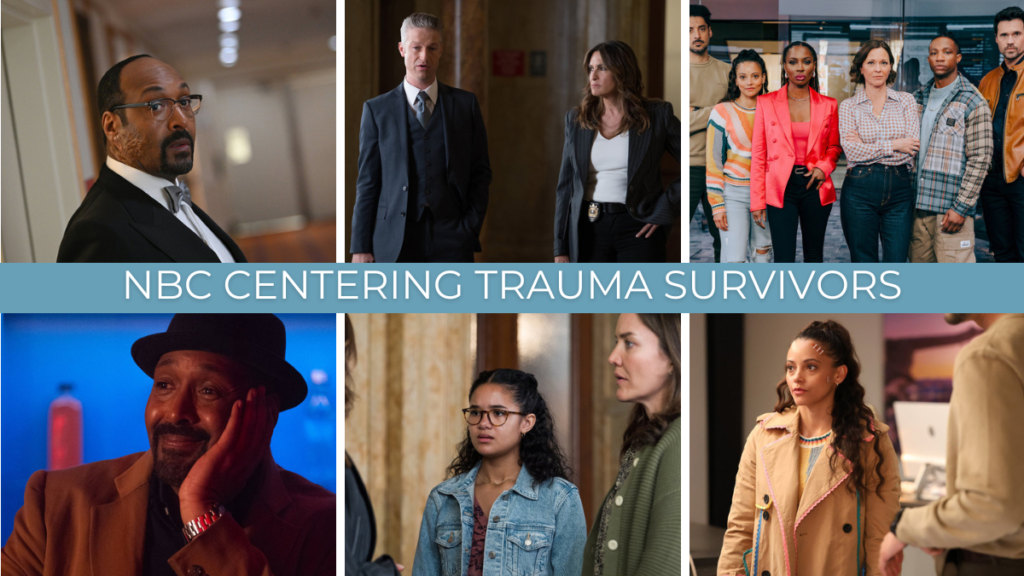
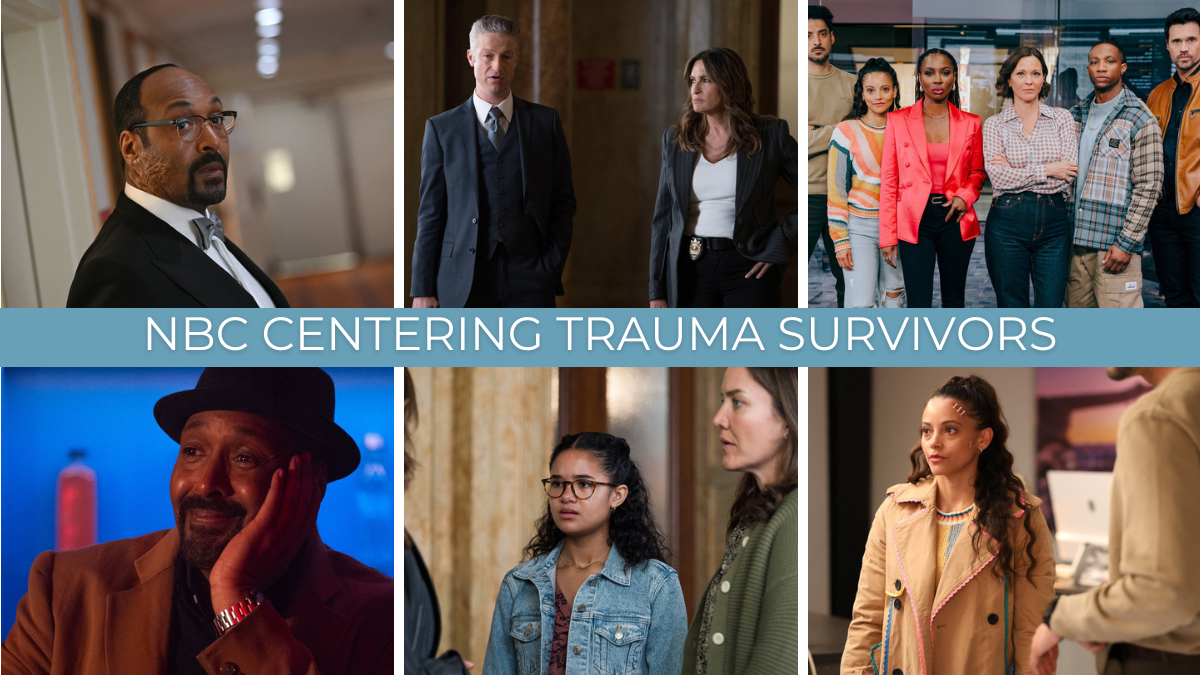
Law & Order: SVU Started An Important Trend 26 Years Ago
For a long time, Law & Order: SVU was a beacon of light in a dark TV landscape.
On most shows, trauma was a plot point and one that wasn’t portrayed particularly accurately.
People with PTSD were often depicted as violent or unstable and sometimes given symptoms that weren’t accurate.
(This still happens sometimes today; it was only a few years ago that Days of Our Lives had someone with PTSD experiencing hallucinations similar to those found in schizophrenic patients.)
But SVU was different from the beginning. This show was far from perfect, especially in its early years.
While SVU’s mission involved centering trauma survivors, early survivors were all white, female, and straight, and in early episodes, the series was not as supportive of LGBTQ+ people as it is today.
Still, it took trauma seriously.


Olivia Benson was the cop that many survivors wished really existed.
Instead of being in a rush to fill out paperwork, she took the time to listen empathically, fought hard for justice, and was on the survivors’ side even when no one else was.
26 years later, Olivia Benson is no longer an idealistic newbie, but she’s still passionate about helping survivors avoid the pain her mother suffered from after the rape that led to Benson’s conception.
Those stories are important, but we need a variety of voices talking about what trauma looks and feels like because it’s not the same for any two people.
That’s why I’m so grateful that NBC is now centering trauma survivors with not just one but three series.
Watch Law & Order: SVU Online
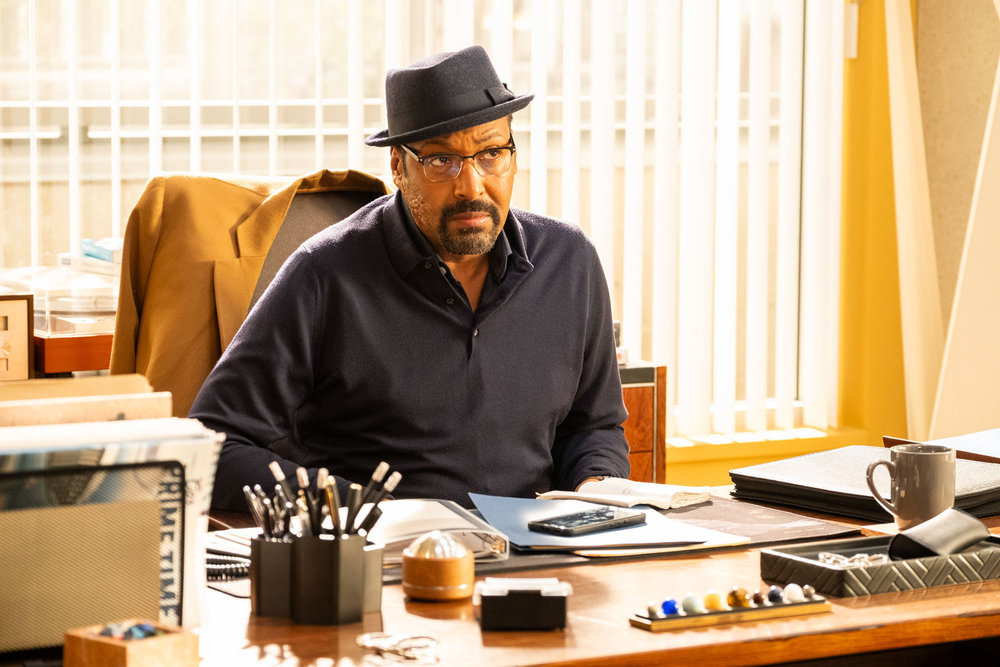

The Irrational’s Alec Mercer’s Story Is All About Living Fully And Free Of Fear
Ironically, Jesse L Martin is well known as Ed Green, one of the detectives on Law & Order toward the end of its first run in the late 2000s.
Nowadays, however, he plays a very different type of character, one who can serve as an inspiration to trauma survivors in a different way than Olivia Benson can.
Martin’s Alec Mercer is a survivor of a church bombing that killed people he loved.


One of the things I love best about Alec is that he shows that experiencing trauma can make someone’s life so damn uneven.
He’s a brilliant neuroscientist who is very successful at not only teaching at the college level but also helping the FBI understand the mindset of criminals so that more murderers and other violent criminals end up behind bars.
Yet he ALSO is divorced in part because his PTSD makes him hard to live with, and he lives with his sister because it’s difficult for him to live on his own.
That’s what trauma is or can be. It isn’t people cowering in the corner 24/7 — in fact, Alec is one of the bravest characters on television and encourages others to live more fully.
Sometimes, though, it wreaks havoc with parts of your life that other people find easy, and that can be especially maddening if you’re highly intelligent.
Alec’s expertise in neuroscience doesn’t make him immune from trauma responses or other irrational behavior.
As much as he understands what’s going on with his brain, he can’t always control his behavior.
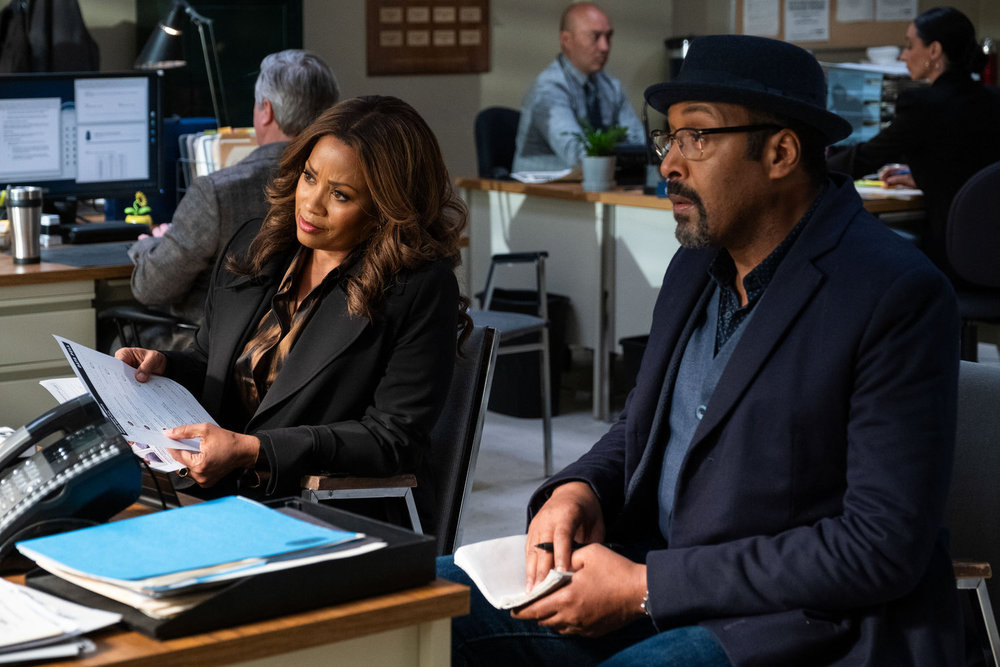

The Irrational Inspires Survivors By Offering A Hero That Is One
The Irrational is centering trauma survivors in a different way than Law & Order: SVU does.
While SVU mostly focuses on police officers who help trauma survivors, The Irrational features a trauma survivor who thrives despite some challenges.
Alec spent most of the first season trying to find out the truth about who set the bomb that nearly killed him. After surviving an abduction by the bomber, Alec has his answers, but that is only the beginning of the story.
In many ways, The Irrational Season 2 is even more empowering. Getting answers didn’t make Alec’s trauma go away, but it allowed him to focus on moving forward.
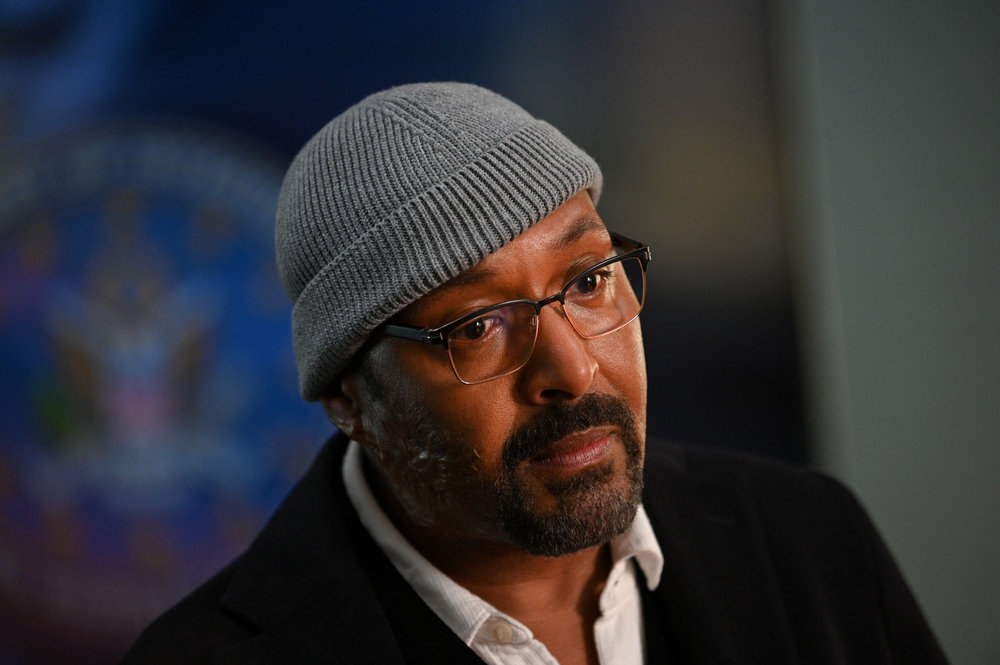

The consistent theme of Season 2 is to never let fear stop you from living fully.
Alec’s assistant, Phoebe, quit working for him because she felt the risks he took to get the truth on any given day were bad for her mental health.
Phoebe wants safety, yet she longs to return to working for Alec, always asking how she can help with a case even though she’s working for someone else.
Phoebe’s desire for safety and desire to be fully alive are clashing, and that’s only one example of this theme.
The Irrational Season 2 Episode 1 had a splashy, violent case: Alec’s girlfriend, Rose, getting kidnapped.
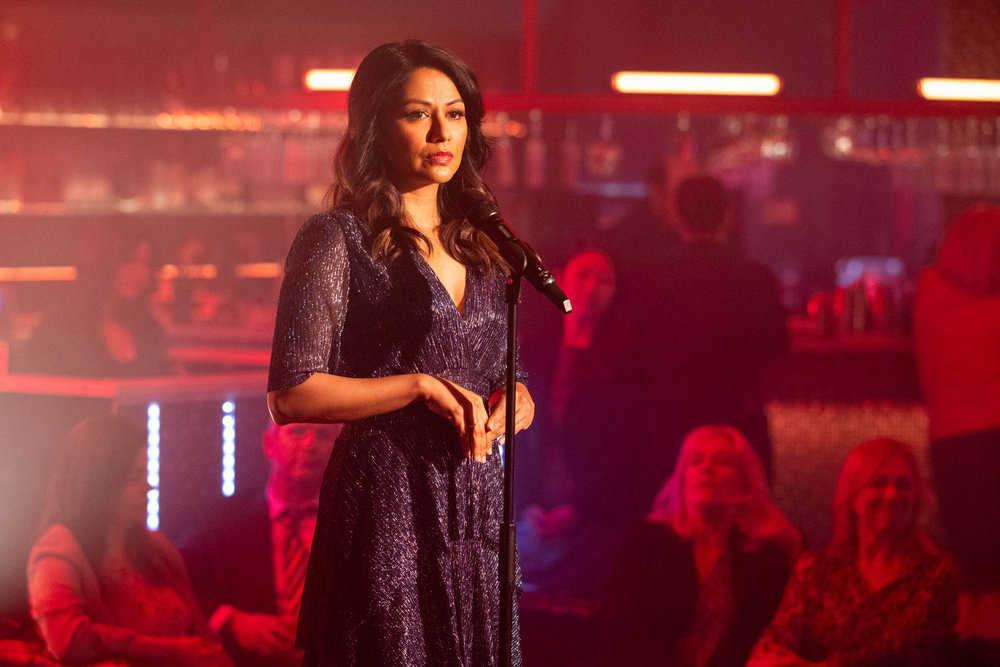

The important part of that story is what happened afterward. Rose, struggling with the trauma of having been kidnapped, kept pushing Alec away out of fear of losing him.
It is only at the end of The Irrational Season 2 Episode 3 that Alec convinced Rose that cutting herself off from him so that she would never know the pain of losing him permanently to violence didn’t make sense.
It remains to be seen whether she will be able to resist the pull toward isolation in the long term.
This is what I mean by centering trauma survivors. Rose’s trauma is different from Alec’s, and she handles it differently.
Alec and Rose are both influenced by their various identities, too. Their race, gender, and culture all play a part in how they deal with trauma.
Alec is especially important as a role model because there are too few men who are willing to be vulnerable and real about their emotional struggles on TV. Since Black men are underrepresented, there are even fewer of them.
As good as Law & Order: SVU is, it can’t give its audience that because it’s about a white female cop who straddles the line between police officers and social workers to help survivors.
Watch The Irrational Online
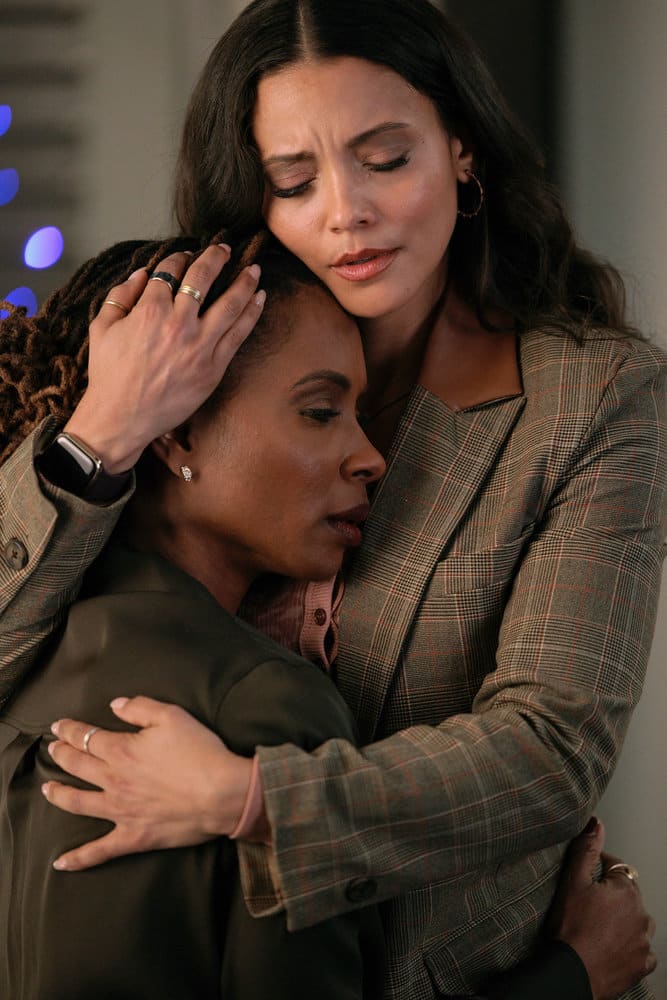

NBC’s Found Also Contributes To The Refreshing New Trend of Centering Trauma Survivors
Found is a difficult show for some.
Its heroine, Gabi Mosley, is a trauma survivor who does not present the way many people expect survivors to present.
Trauma survivors don’t always pick up the pieces of their lives in ways we approve of, and that’s part of what makes this show so uncomfortable for some viewers.
It seems natural to empathize with survivors, but how far does it extend when the survivor in question isn’t purely dedicated to helping others, sometimes comes across as cold or selfish, or does things that conventional morality says are wrong?
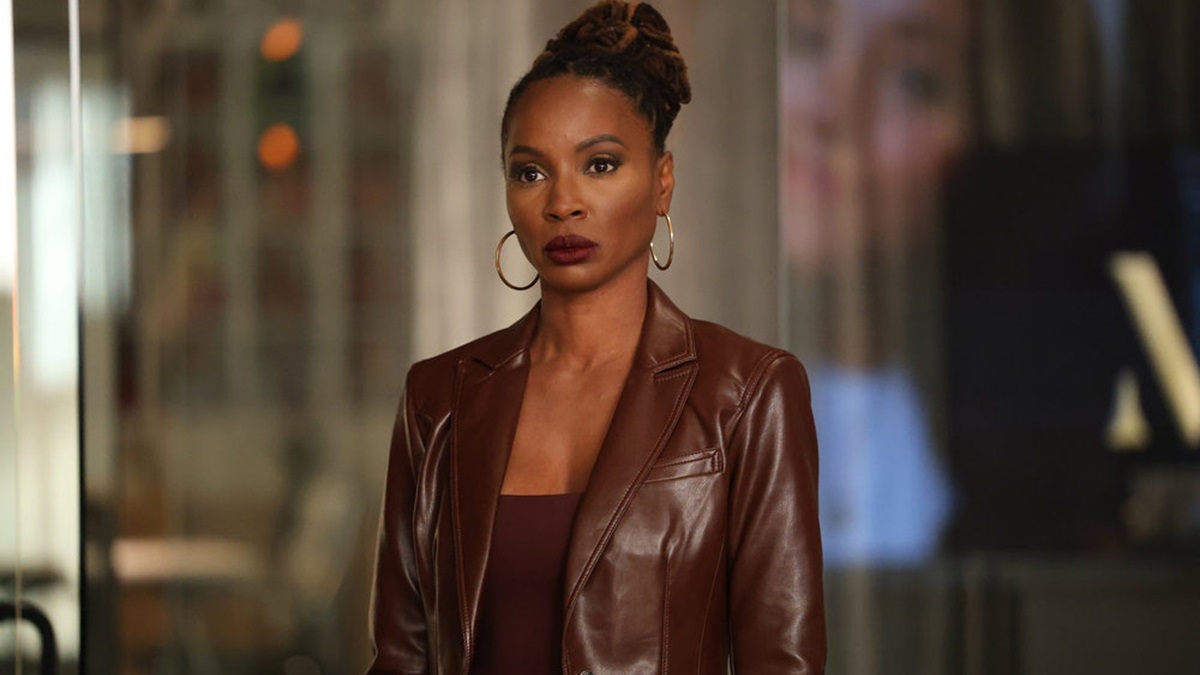

Found Season 2 has made it clear that Gabi is a survivor but not a savior. Although she has helped many other people get their lives back after they were kidnapped and the police ignored their plight, her primary mission is not to save the world.
She has done a lot of good, but she will also do whatever it takes to prevent herself and her loved ones from being re-traumatized.
During Found Season 1, that wasn’t as clear.
The premise of Gabi locking her one-time captor up in the basement and forcing him to help her with cases seemed like a takeoff on Silence of the Lambs, except Gabi was both Sir’s jailer and the person turning to him for help.
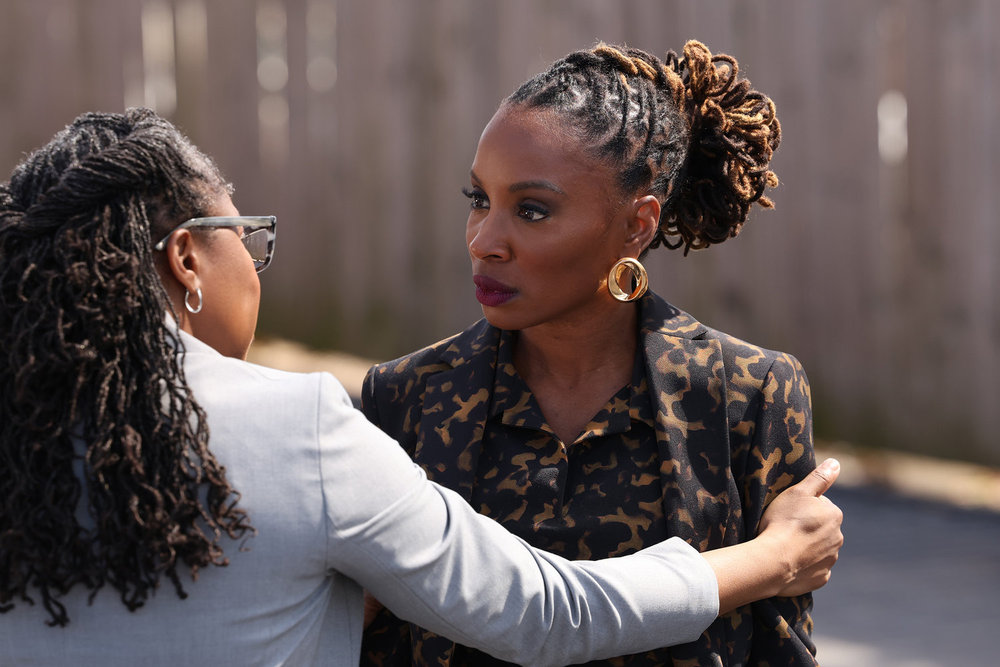

But after Sir escaped and re-kidnapped Lacey, Gabi has had to deal with everyone’s judgment.
Her one-time friends have almost all turned on her, accusing her of being just like Sir even though she is not a psychopath and has used Sir to do a lot of good.
This is trauma, too, especially when the need for self-protection and seemingly “bad” behaviors intersect with related issues such as racism and sexism, which also cloud people’s judgments.
The situation is complicated by the fact that everyone who works with Gabi is a trauma survivor, but having survived trauma doesn’t mean you understand what someone else’s trauma is like.
Watch Found Online


This is a story that needs to be told.
TV has come a long way in terms of centering trauma survivors, but it still falls into the stereotype of survivors only being worthy of empathy if they are using their pain to help others.
TV Can Help Clear Up Misconceptions About Survivors
As a trauma survivor myself, I’m keenly aware of how little understanding there is, even for those survivors who aren’t doing what Gabi Mosley is doing.
Many people are offended by the idea of trigger warnings in books and movies, and that’s only the tip of the iceberg.
Many, many people think that not being able to just “get over it” years, after something horrific happened, means someone is weak or overly emotional, and sometimes trauma survivors are still the butts of people’s jokes about being oversensitive.
That’s why we need diverse voices talking about trauma, and NBC has made a strong start with these three series centering trauma survivors this season.


Over to you, fellow television enthusiasts!
What do you think of the way NBC is centering trauma survivors?
Are there other shows you would add to the list of dramas that help empower survivors?
Hit the comments with your thoughts.


